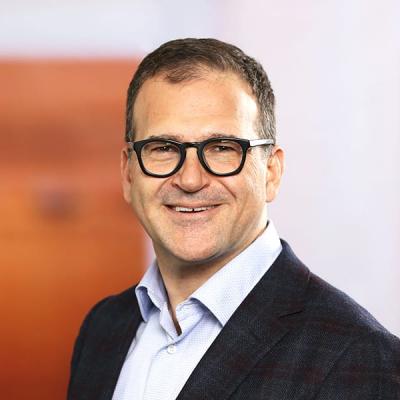National Clean Energy Summit Sets the Stage for the Future of Sustainability
On October 13, former Nevada Senator Harry Reid and current Governor of Nevada Brian Sandoval hosted the ninth annual National Clean Energy Summit in Las Vegas, NV. Each year, the 3-day summit brings together leaders of industry, government, and advocacy organizations in an effort to shape the United States’ energy policy agenda and facilitate the country’s progress towards a clean energy economy.
The summit’s 380 participants attended a variety of featured panels, including an address by Former Vice President Al Gore on the important role of clean energy in addressing climate change and a discussion about integrating renewables on the grid led by Energy Innovation CEO Hal Harvey. This year’s impressive roster of panelists continued to advance the conversation on sustainability, focusing on accelerating the development and deployment of renewable energy, energy efficiency technologies, and robust clean energy markets.
In a panel covering a wide range of energy innovation topics, former U.S. Secretary of Energy Ernest Moniz emphasized the priority that must be placed on continued investment in breakthrough technologies. On the topic of carbon emission management, Dr. Moniz advocated a long-term approach, arguing that current investment in “deep innovation,” where results might not pay off for 20 or 30 years, is lagging. Recent progress has no doubt been made, but Dr. Moniz said more advancements will be needed beyond the electrification of vehicles and the growth of renewable energy production. He cited hydrogen power development, biological solutions (such as genetically modified plants that take up carbon dioxide from the air more efficiently than naturally occurring plants), and electrostatic vacuum cleaners that remove carbon particulates from the air as the type of large-scale solutions to pursue.
Following Dr. Moniz on stage was a panel of military experts who discussed the national security implications of transitioning to advanced energy systems. Combating climate change was a major topic for the panel, as Vice Admiral (Ret.) Lee Gunn and Marine Lt. Gen. Richard C. Zilmer explained how international geopolitical shifts expedited by a changing climate would alter U.S. military policy. On the domestic front, development of alternative energy is needed to help National Guard forces respond to disasters where the power grid has been knocked out.
Closing the summit was a panel of governors exploring how state investments in clean energy initiatives are helping to deploy renewables, reduce energy consumption, and improve the environment while still driving economic growth. Western states like Nevada have led the way in clean energy innovation – Nevada’s renewable energy production has doubled since 2009 and its clean energy workforce has grown 9.5 percent over the past year. The panel also highlighted Massachusetts, which has committed itself to reducing carbon emissions by 80 percent, relative to 1990 levels, by 2050. The Commonwealth is also investing about $10 million into research on energy storage technology, which promotes energy use efficiency between low price, low peak and high price, high peak periods. The summit’s closing panel successfully encapsulated the key takeaways from the conference, both displaying the progress that has been made in clean energy development and identifying the new policy goals that deserve our concerted attention moving forward.

